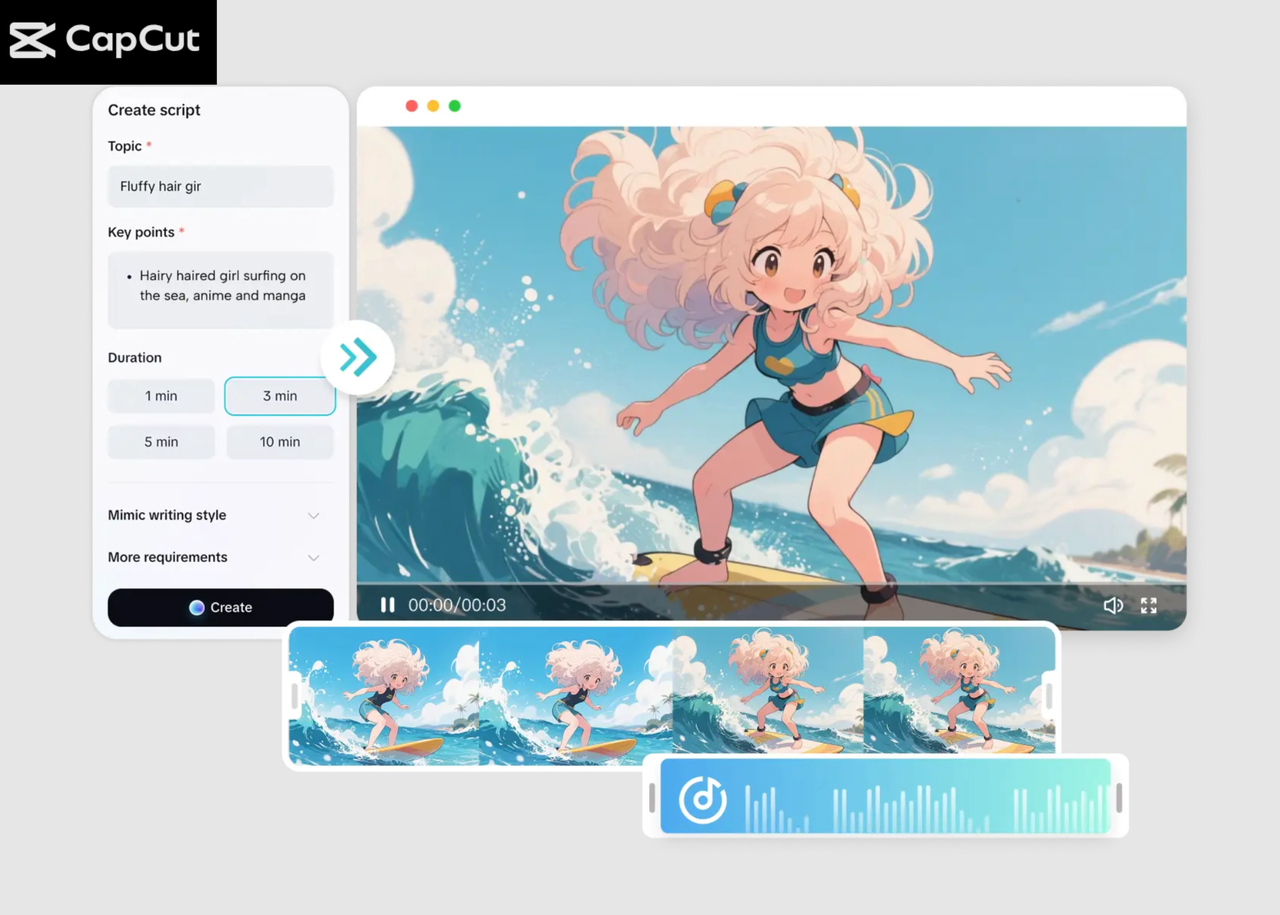Interesting facts about AI show just how deeply this technology is woven into our lives, transforming how we work, create, and solve problems. From the gadgets we use to scientific discoveries, AI is driving innovations that were once science fiction. And as it evolves, it brings remarkable progress and fresh challenges that shape our future.
Key Takeaways:
- AI impacts daily life in unseen but powerful ways, from healthcare to creative tools.
- It accelerates innovation across industries like transportation, art, and science.
- Ethical challenges like transparency and overreliance require attention.
- Future AI systems will gain emotional intelligence and deeper integration across professions.
15 Mind-Blowing Facts About AI You Need to See
AI is full of fascinating surprises, and many people don’t realize how deeply it touches our daily lives. Let’s explore 15 cool facts about AI that will change how you see this evolving technology.
1. AI Has Existed Since the 1950s
Artificial intelligence isn’t new; it began in the 1950s with systems to solve math problems and play chess. These early inventions laid the groundwork for today’s advanced AI. The progress since that time has been immense and continual.
Also Read: Unwavering Essential Distinctions Between AI vs Human
2. AI Powers Personalized Recommendations
From your Netflix movie suggestions to Spotify playlists, AI constantly personalizes your content by learning your preferences. These AI capabilities show how technology works behind the scenes to make our digital experiences feel intuitive and uniquely tailored.
3. AI Enables Facial Recognition
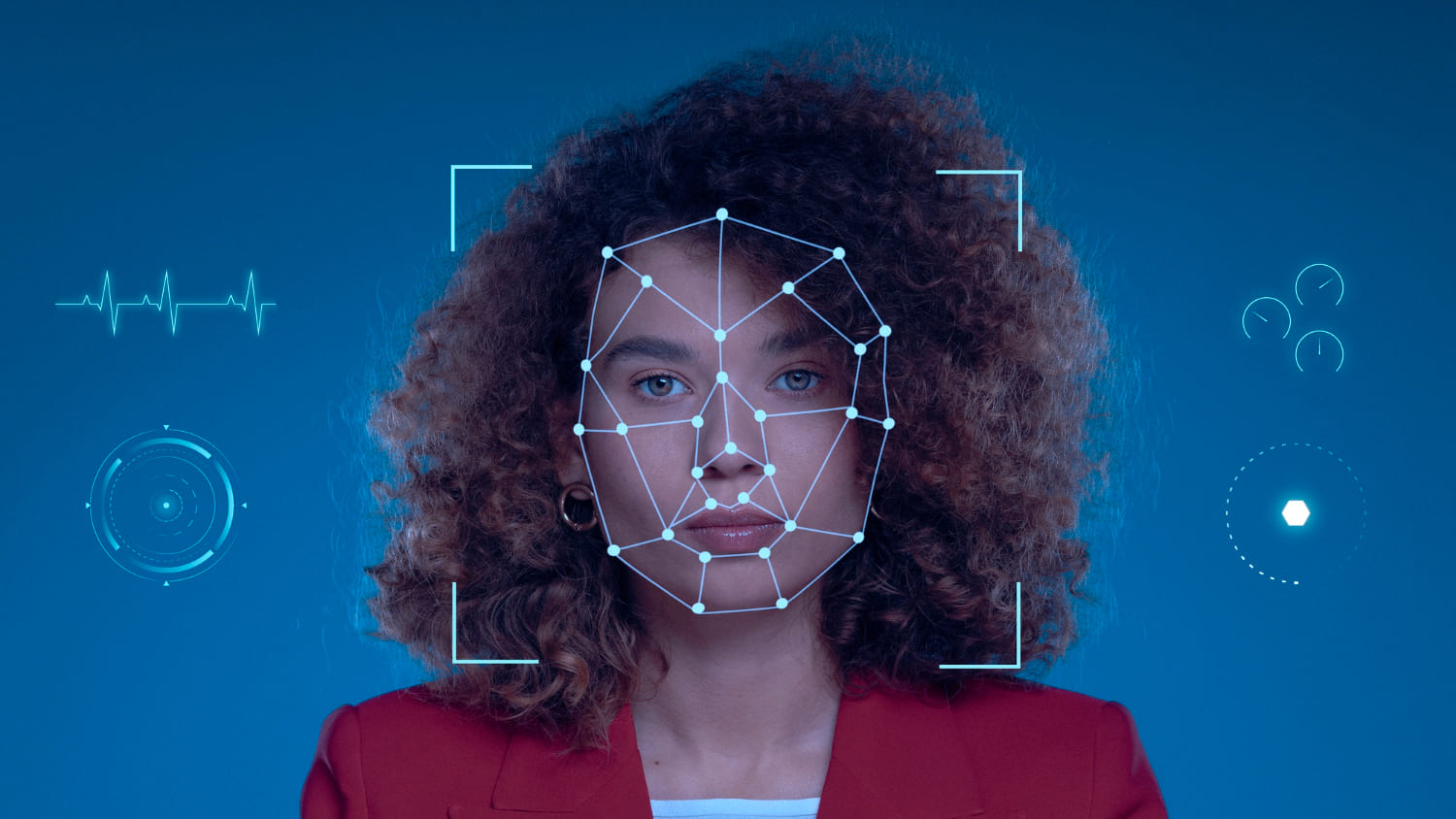 AI used for face recognition | Source: Freepik
AI used for face recognition | Source: Freepik
AI-powered facial recognition unlocks phones and helps airports verify identities. These interesting facts about AI highlight its convenience, yet they also spark real conversations about privacy and surveillance.
4. AI Accelerates Disease Diagnosis
One of the surprising facts about artificial intelligence is how it contributes greatly to healthcare. AI systems can now analyze medical scans to detect diseases earlier and enhance diagnostic accuracy globally.
5. AI Understands and Generates Language
Natural Language Processing (NLP) enables AI to translate text, answer questions, and even sense emotion. This makes interactions feel more human, powering tools from intelligent chatbots to responsive voice assistants.
Also Read: 9 Best AI Podcasts Every Tech Enthusiast Must Hear
6. AI Creates Millions of New Jobs
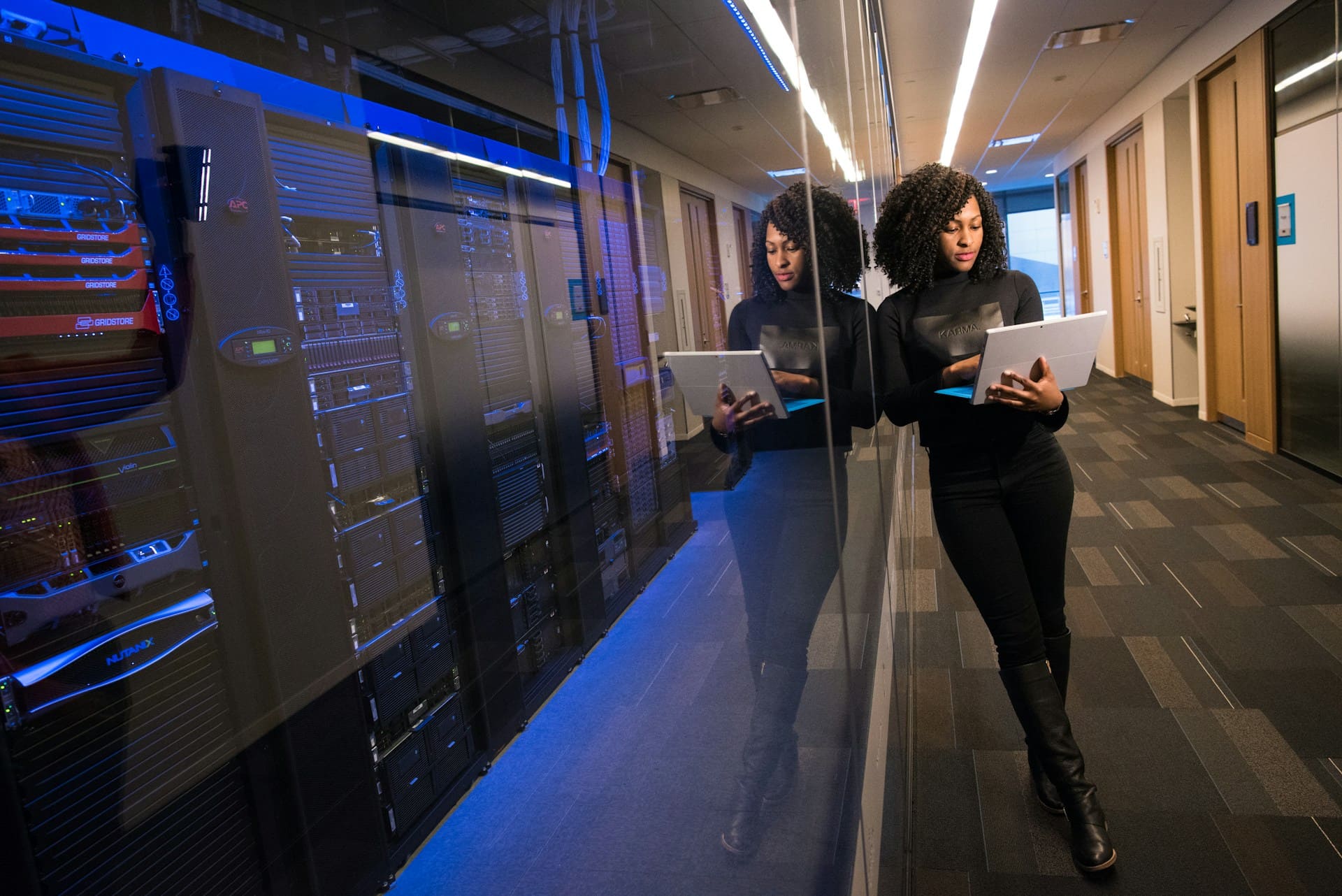 Woman working on a laptop in a hallway beside a glass wall reflecting rows of data servers | Source: Unsplash – Christina
Woman working on a laptop in a hallway beside a glass wall reflecting rows of data servers | Source: Unsplash – Christina
The World Economic Forum predicts AI will generate approximately 97 million new jobs by 2025. While it automates tasks, AI also opens new career paths in tech, ethics, and data science. It demonstrates AI’s role as both disruptor and enabler.
7. AI Optimizes Energy in Buildings
By adjusting heating, lighting, and cooling systems in real time, AI reduces energy use and cuts carbon emissions. Smart energy management illustrates AI’s environmental benefits. It’s a win for both budgets and sustainability.
8. AI Enhances Space Missions
One of the most exciting artificial intelligence facts is its role in space exploration. AI can autonomously steer rovers, analyze extraterrestrial data, and enable quicker, smarter decisions millions of miles from Earth.
9. AI is Shaping Future Cars
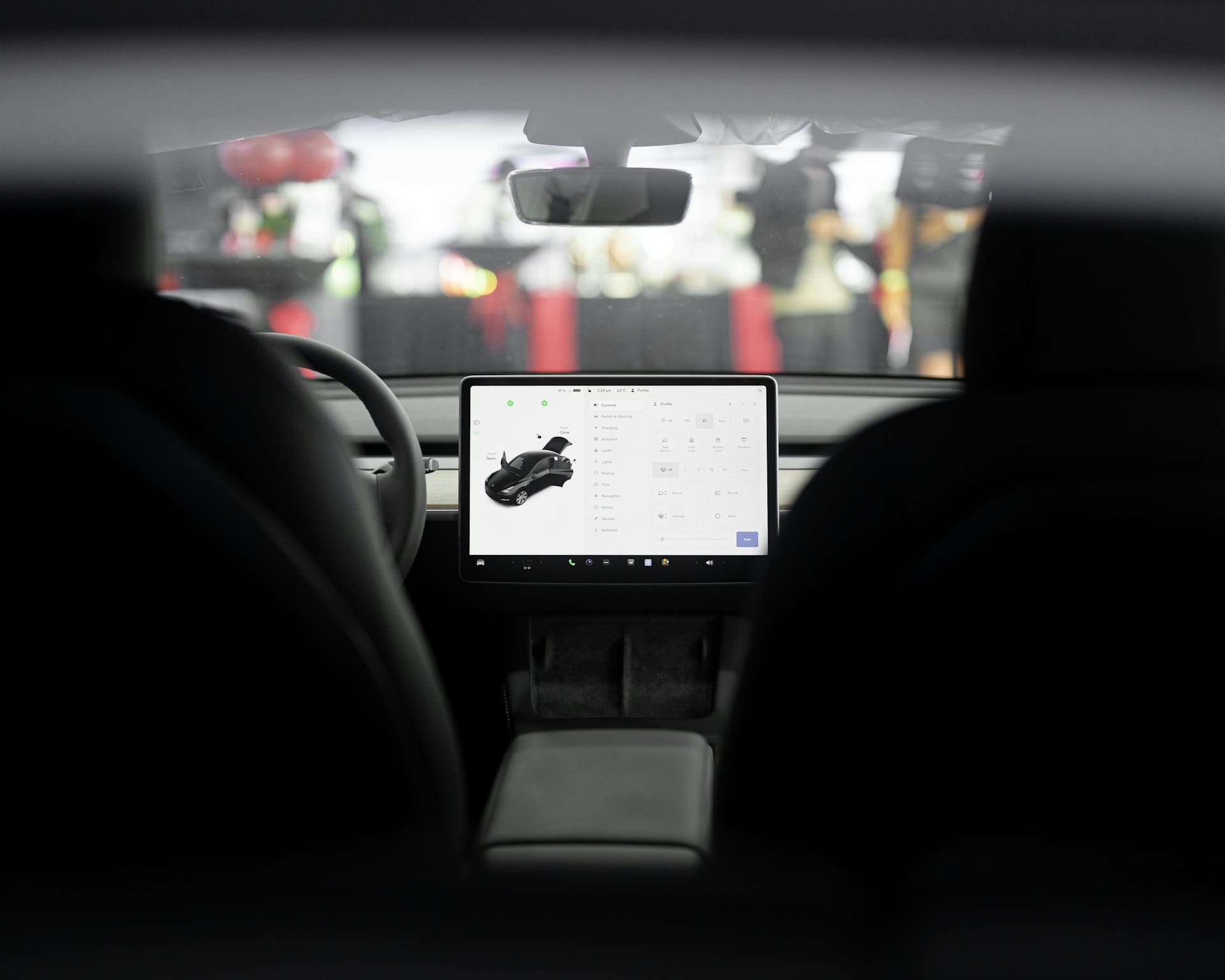 Interior view of a modern car with a central touchscreen display showing vehicle controls and settings | Source: Unsplash – Im Zion
Interior view of a modern car with a central touchscreen display showing vehicle controls and settings | Source: Unsplash – Im Zion
By 2030, most new vehicles are expected to feature AI systems that enhance driving, improve safety, and reduce accidents. These interesting facts about AI highlight a major shift in transportation technology, from smarter traffic flow to advanced driver assistance.
10. AI Assistants Might Outnumber Humans
By 2024, experts estimated AI assistants, like Alexa and virtual workplace bots, could surpass the number of humans worldwide. That’s a striking artificial intelligence fact about how embedded AI is becoming. These assistants now serve in homes and offices globally.
Also Read: AI Arts, Where Do We Go From Here?
11. AI Helps Kids Learn More Effectively
Educational AI tools assist students with math, writing, and language skills. They provide instant feedback, making learning more interactive and personalized.
12. AI Can Create Music and Art
 AI-generated illustration of a cup of coffee | Source: OpenAI
AI-generated illustration of a cup of coffee | Source: OpenAI
From composing melodies to painting striking visuals, AI’s creativity rivals that of humans. These fun facts about AI are showcased by generative tools like DALL·E and AIVA, proving machines can inspire just as much as they analyze.
13. AI Predicts Natural Disasters
AI analyzes seismic and weather data to anticipate earthquakes, floods, and storms. This early-warning capability has the potential to save countless lives, making it a powerful example of AI’s societal impact.
14. AI Understands Context, Not Just Faces
Emotion-recognition AI often misreads feelings when it focuses solely on facial expressions. New research shows it performs better when factoring in context, such as environment and body posture, especially for emotions like fear. This surprising finding could reshape how emotion-aware AI is designed.
15. AI Is Emotionally Smarter Than You Think
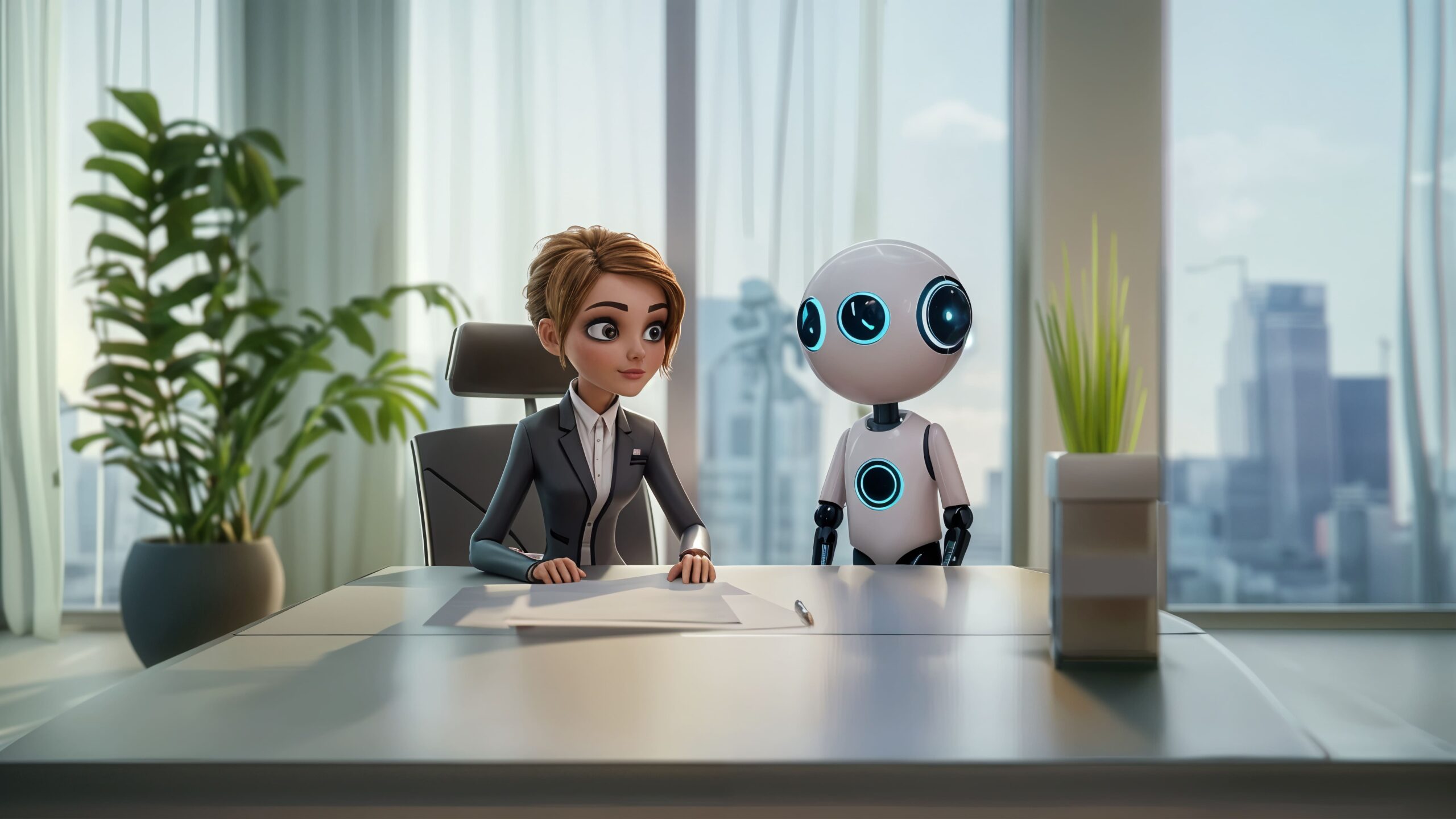 3D cartoon-style businesswoman sitting at a desk with a small humanoid AI robot in a modern office setting | Source: Freepik
3D cartoon-style businesswoman sitting at a desk with a small humanoid AI robot in a modern office setting | Source: Freepik
According to Tom’s Guide, AI chatbots like GPT-4 scored 82% in emotional intelligence assessments, outperforming humans, who averaged 56%. It indicates that, in certain contexts, AI can read and react to emotions more effectively than people.
Also Read: Top 7 AI for Graphic Design to Improve Designers Workshipman
Where Innovation Meets Visual Identity
Technology doesn’t just change how we work and connect; it also reshapes how we communicate visually. Just as the interesting facts about AI reveal how innovation transforms our world, the right typography can transform how your brand is seen. A well-chosen font can convey personality and make your message unforgettable.
If you’re aiming for a clean, modern look that resonates with tech-forward audiences, explore the font collections from Creatype Studio. With balanced proportions and clear readability, these Futuristic & Tech Font Packs are designed for innovation-driven projects and forward-thinking brands.




